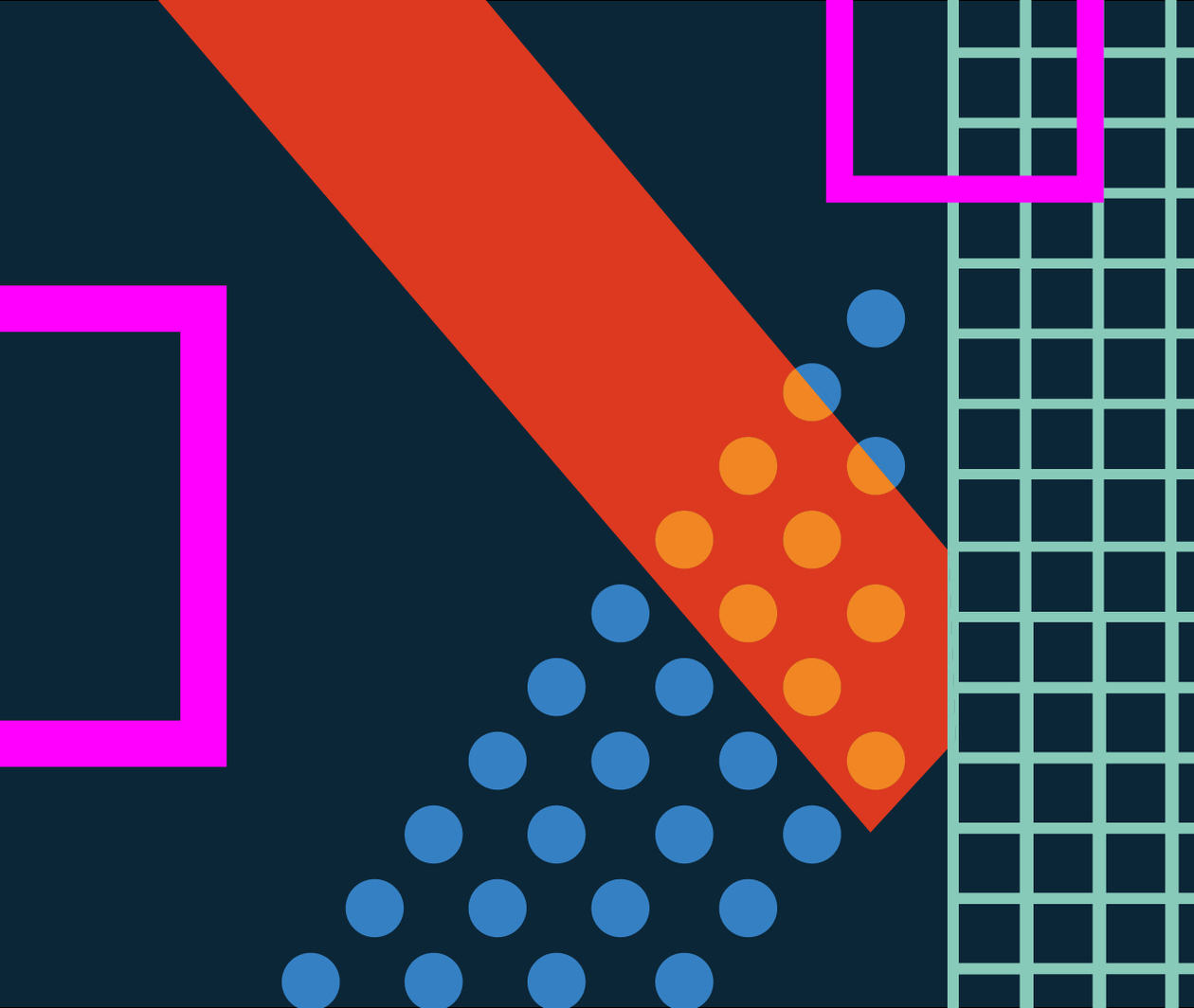Skip to 0 minutes and 6 seconds Ryzard Akita: How are the products we use every day created and designed? Ever wondered what goes into making them? Human-centered design is being used by companies, startups, and governments all over the world to solve the problems we face through design. By using creative and innovative designs, this approach puts humans at the heart of the design process. Get Creative with People to Solve Problems demonstrates how putting people first in design gets results. This course is part of a program of three courses in the solving problems with technology strand from FutureLearn, the Institute of Coding, and the University of Leeds. Join experts in the field of design to discover how to design great products for and with real people.
Skip to 0 minutes and 53 seconds And how to develop your own design thinking mindset. Experiment with skills like empathy, brainstorming, and making prototypes. See how something as simple as asking the right questions can make your product stand out. This course is part of our suite of professional and digital skill courses from the University of Leeds and the Institute of Coding. Covering topics from coding to social media marketing. All available for free to help you build your career today. Whether you’re new to the line of work or forging a new career for yourself, we look forward to sharing your journey into the fast-moving digital space. Join us online.






